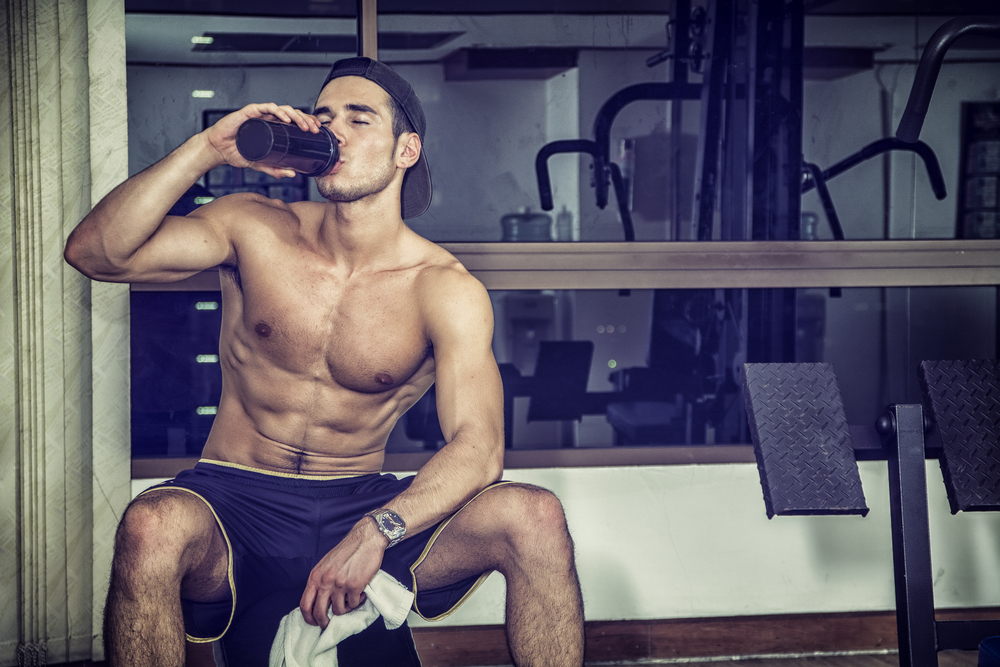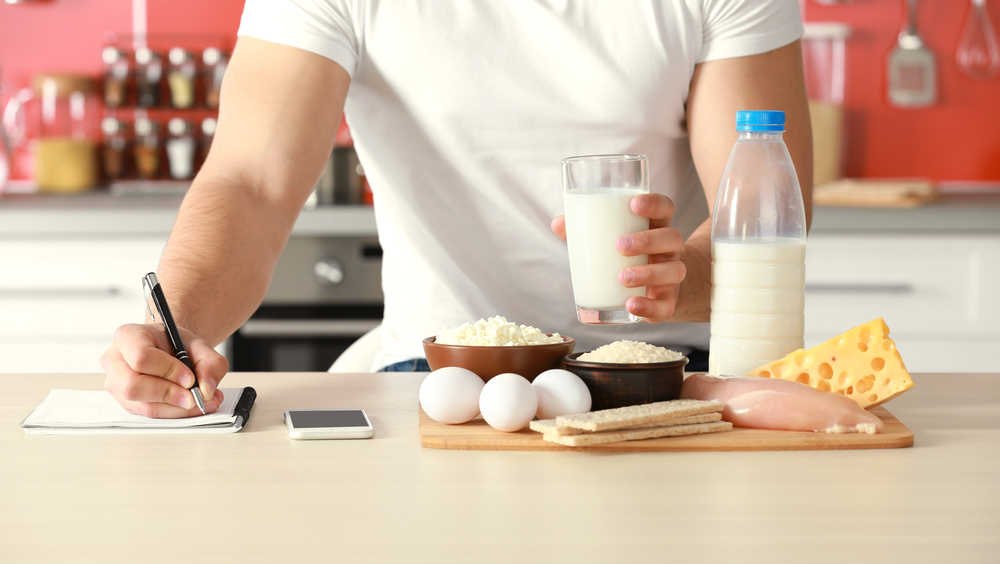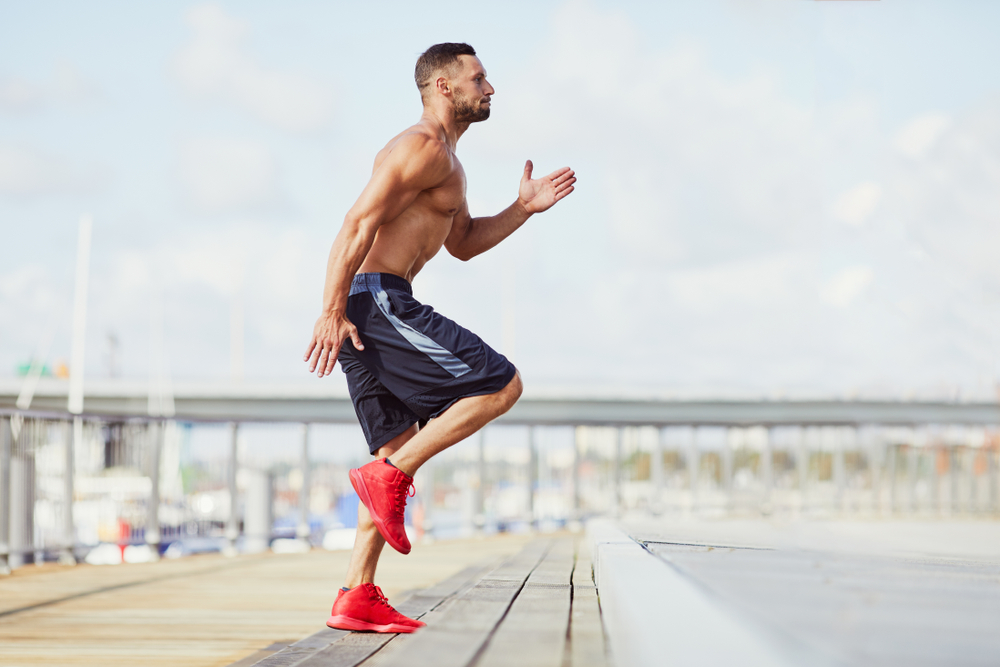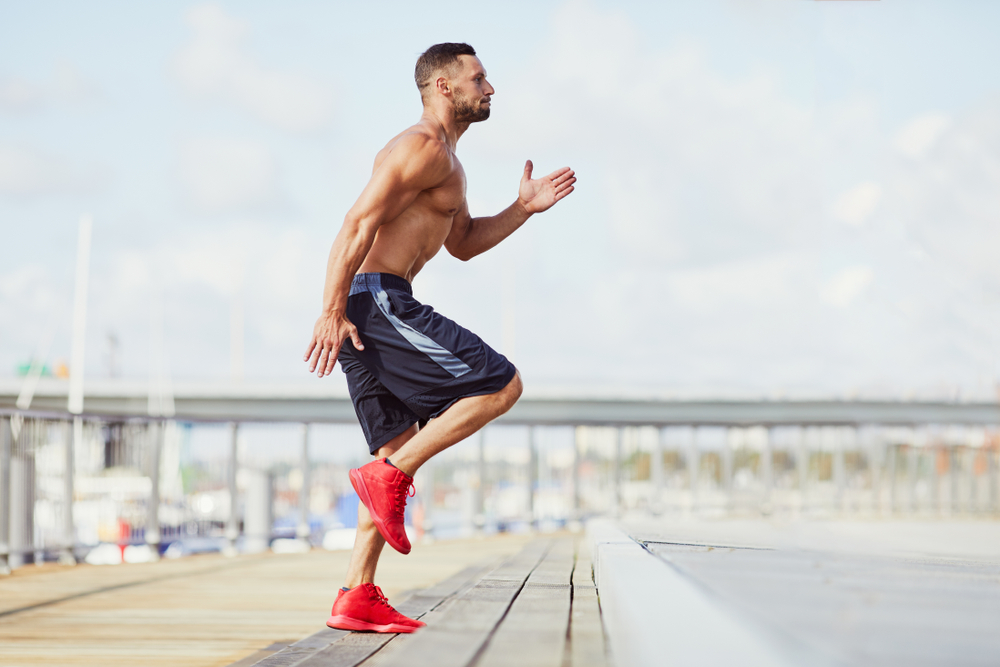
Dehydration And How To Avoid It
Dehydration is defined as excessive loss of water from the body and occurs when we lose more water than we are taking in. That is why it is essential to maintain a balance between fluid intake and fluid output. Many things that we consume will speed up water loss from the body such as drinking tea, drinking coffee and eating chocolate.
How does water leave the body?
The usual ways that water is lost from the body are:
- Urination
- In the faeces (especially if suffering with diarrhoea)
- In our breath
- Sweating
- Vomiting
As mentioned above, many things we eat and drink can speed up water loss from the body. One in particular is caffeine which acts as a diuretic. A diuretic interferes with the kidneys control of water balance. This forces the body to excrete more water than it normally would. Alcohol also has the same effect on the body and can cause you to become dehydrated.
 How do you prevent dehydration?
How do you prevent dehydration?
One of the main ways to test if you are suffering from dehydration is too check your urine. Urine should usually be pale in colour and if your urine is dark in colour then you could be suffering from dehydration. The following are tips to avoid dehydration:
- If you wait until you are thirsty before having a drink then you are already suffering from dehydration
- Drink constantly throughout the day
- Avoid doing exercise if you are already dehydrated as you will make it worse.
- Ensure you drink water throughout your workout
- Replace lost fluids immediately after exercise
- Avoid over dressing in the gym as this can lead to excessive sweating
- Cut down your intake of tea, coffee, chocolate and alcohol
- Add an electrolyte supplement to your diet
Electrolytes lost in Sweating
It has been reported that losing approx 2% of your body weight through dehydration can affect your physical performance level. Typical symptoms of fatigue, headaches and weakness during your training may indicate your need to supplement with electrolytes. During intense training and exercise, these essential nutrients are diminished and lost through sweating. By adding electrolytes it can help the body to maintain the correct level of hydration and help avoid the onset of cramps.
How much should we drink?
The recommended daily intake of water is between 1-2 litres per day. This is for an average person, so if you are training hard then clearly you will lose more water so need to take more in. You can workout how much water you have lost during exercise by weighing yourself before you start and again when you finish. Any weight loss during your session will be water so the same weight in water should be consumed to top up your fluid levels. Another rough guide of how much you should drink is to consume 1ml of water for every kcal you burn off.
Can you drink too much water?
It is possible to drink too much water although it is very rare in normal adults. It is known as Hyperhydration and tends to occur in long distance and endurance athletes who take in too much water. This dilutes your electrolytes which are vital for many body functions. This condition can lead to collapsing and in serious cases coma. So remember always have a drink with you when exercising and sip it throughout your session to remain adequately hydrated.






No Comments yet!